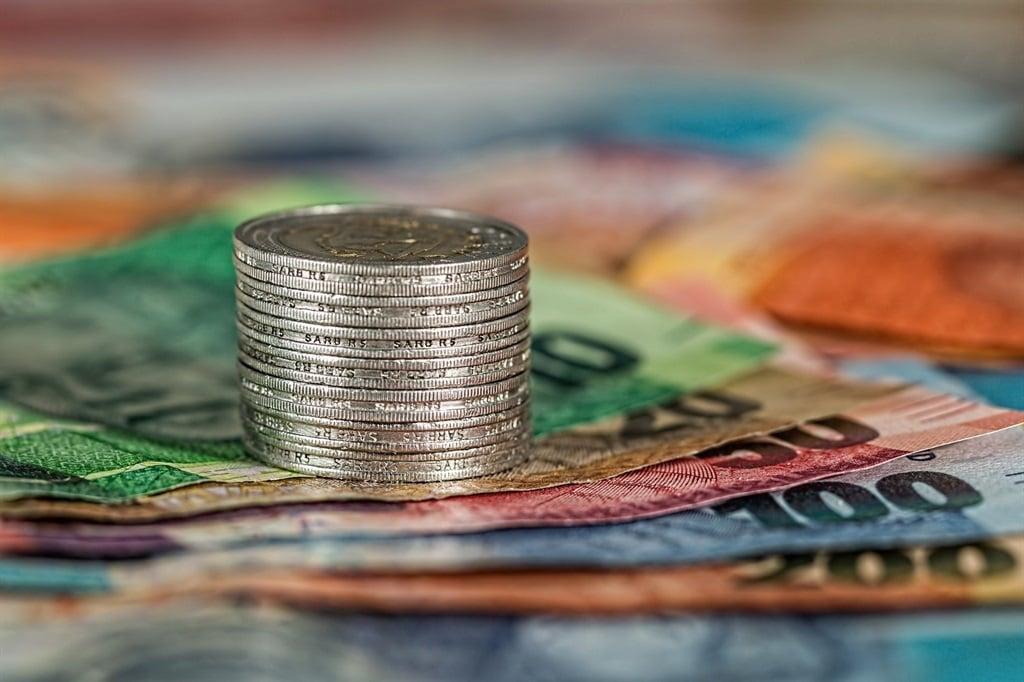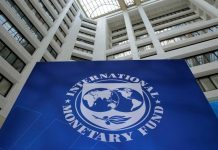Africa-Press – South-Africa. Standard Bank predicts 1.3% economic growth for South Africa in 2023, saying business confidence in the country, consumer finances, and many other economic indicators are better than feared late last year, when some analysts predicted a recession.
This comes as Bloomberg’s monthly survey of economists found the odds of a recession had increased from 45% in January to 68% in February.
But Standard Bank’s forecast is nonetheless more optimistic than that of the country’s central bank, which made a shock downward revision to the country’s GDP growth outlook for 2023 to just 0.3%.
The SA Reserve Bank (SARB) initially forecasted a 1.1% GDP growth for 2023 in its November 2022 Monetary Policy Committee meeting. But Standard Bank’s forecast is in line with the International Monetary Fund, which expects South Africa’s economy will grow by 1.2% this year.
The fact that the SARB is forecasting much lower GDP growth than Standard Bank hasn’t convinced the latter to align with the central bank.
Ballim said that while he suspects that the Reserve Bank modelled a higher degree of load shedding in its forecast, Standard Bank believes that the rapid solar installations in SA will provide “some buffer” against the economic impact of power cuts. He said if President Cyril Ramaphosa announces some structural reforms, SA’s economic growth could even surprise on the upside.
In his State of the Nation Address, Ramaphosa announced several changes to try and restore energy security in SA. He declared a state of disaster to prevent total blackout in the country, announced plans for a minister of electricity and that the minister of finance will soon outline incentives that will help households and businesses rapidly install solar panels.
Ballim said South African businesses and households had already started insulating themselves and their operations more against load shedding.
Not as bad as it looks from inside SA
Ballim said many local indicators do show a deceleration in the momentum of SA’s economy. The retail sector is taking strain as the demand for semi-durable and durable goods weakens. He believes that last year’s interest rate hikes will begin to show more impact on consumer spending this year.
But when looking at the overall picture, Ballim believes that the leading indicators still support growth.
“Even though confidence in South Africa seems to be at pedestrian levels, the confidence tool is more or less at around 10-year levels,” said Ballim, adding that the pessimism people feel in their individual capacity isn’t showing in confidence statistics.
Business confidence remains at neutral levels. Incomes and their ability to rely on credit have kept households’ finances in a “reasonably sound” state. Ballim said it could be that our interpretation of local events as South Africans is amplified on the negative side.
“The levels of measured confidence seem to be better than perhaps the emotional state, the psyche of most South Africans,” he added.
The global mood factor
Ballim said another factor that influenced Standard Bank’s forecast was that globally, several developments are starting to provide an element of “cheer”. About 80% of world economies are starting to see inflation growth numbers fall. China has ended its zero-Covid policy. Gas prices have begun falling as winter turned out to be warmer in Europe, decreasing the demand.
While Standard Bank still expects growth in developed economies to be slow, it anticipates more dynamic growth from emerging markets. While the bank doesn’t anticipate SA’s economic growth to match countries like India and other African economies, Ballim said it’s still beneficial to SA that emerging markets are expected to stand out in 2023.
Furthermore, the recovery in demand for commodities from China and tourism from Chinese tourists should significantly boost the local tourism sector.
“The spillover from this Chinese switch-on is going to be meaningful, especially for the region. And we think it could be meaningful for commodity-based currencies, and this is where the play on South Africa is going to be very favourable,” said Ballim.
He said Standard Bank expects notable GDP growth in many of SA’s other trading partners, which should boost the local export market.
For More News And Analysis About South-Africa Follow Africa-Press






